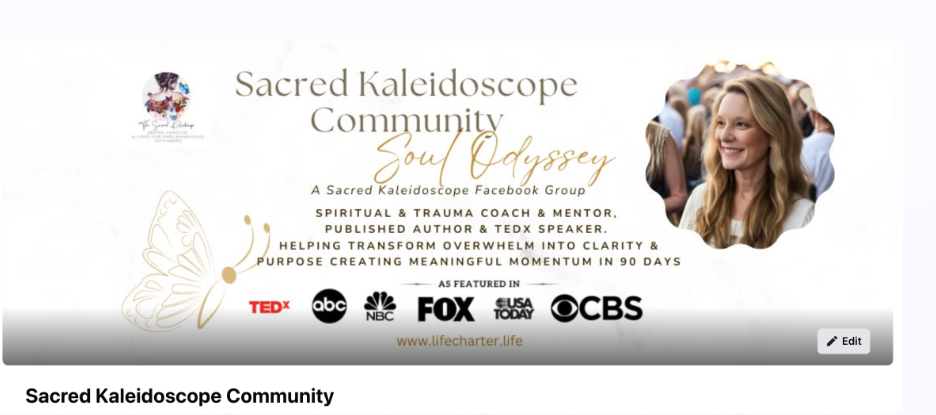
Ready to Discover Your True Calling?
Design & Achieve Your Vision of Success in All 12 Dimensions of Your Life
Turn your life into a masterpiece with the transformational lifestyle design system that empowers you to envision, plan, and achieve your greatest life in every area that matters to you.
21 Day Challenge: Transform Your Life in 21 Days: Clarity, Courage, and Creation
A Sacred Kaleidoscope Challenge
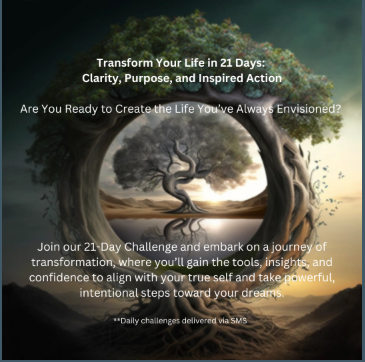
Meet Your Travel Partner
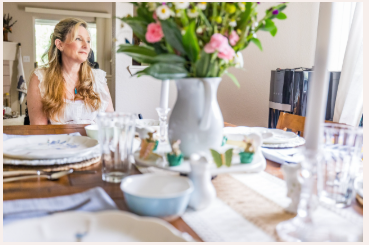
It has always been my desire to help people, to see others succeed, and find healing and happiness in their life.
Dear Beloveds,
I am thrilled to take this moment to share with you a bit more about who I am and the journey that has led me to become a spiritual direction coach.
My heart’s passion lies in guiding individuals like you on a transformative journey of self-discovery, healing, and spiritual awakening. I’ve dedicated my life to helping people tap into their inner wisdom, unleash their potential, and create lives filled with purpose, joy, and authenticity.
My own path has been shaped by a series of profound experiences that have ignited my commitment to this work. From personal struggles and triumphs to moments of deep introspection, each step has led me to a place of profound understanding of the human experience.
For me, spiritual direction is more than a profession—it’s a calling. I firmly believe that within each of us lies an infinite well of wisdom, love, and potential. My role is to help you access and nurture these treasures, guiding you through the labyrinth of life’s challenges and opportunities.
I am committed to the healing, liberation, and full awakening of all that lives. I cannot think of my place in life as any less than that.
With a varied background enriched by a blend of life encounters and spiritual insight, I am able to bring a unique blend of expertise to my holistic coaching practice. I’ve have traveled my own life journey; sometimes with eyes wide open, other times not so much, and I’ve had the privilege of walking alongside seekers from diverse backgrounds, cultures, and walks of life. Through this rich tapestry of experiences, I’ve come to deeply appreciate the universality of our shared human journey.
My approach is rooted in compassion, intuition, and a profound respect for each individual’s unique path. I offer guidance, tools, and practices that empower you to uncover hidden beliefs, heal old wounds, and step into your fullest expression of self.
As we embark on this journey together, I invite you to open your heart to the possibilities that lie ahead. Whether you’re seeking clarity, healing, transformation, or a deeper connection with your inner truth, I am here to support you every step of the way.
Thank you for allowing me to be a part of your journey. It’s an honor and a privilege to walk beside you as your spiritual direction coach.
Being is LOVE!
~Babs
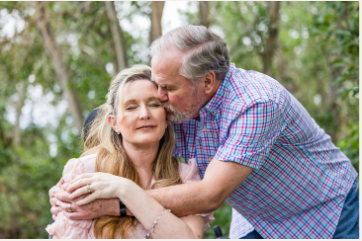
You Want to Live a Life With Purpose… but There’s a Problem
DO ONE OR MORE OF THESE STRUGGLES HIT CLOSE TO HOME?
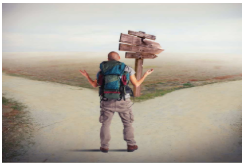
1
LOST
You know you are being called to something different; something bigger for your life, but you have no idea what it is

2
OVERWHELMED
You have too many possible directions to go in and are overwhelmed by the choices

3
AFRAID
You’re afraid you’ll never figure out “your thing” and be forced to settle for less
WHAT IS IT LIKE TRAVELING WITH AMILYNNE?
Testimonials from my students

I have never heard anyone talk about life design as holistically as does Babs. The way she covers 12 different dimensions in the LIfeCharter program is extraordinary. It is no surprise that her approach has changed so many lives – namely MINE! I had a great time interacting with Babs and other LifeCharter participants and what stands out the most is the relationship Babs has with each person she interacts with. You can see her desire to lead each to the healing and liberation they have been seeking, all the while creating a LifeCharter that serves the individual and the collective. Babs is a great Travel Partner and teacher with a sheer depth of knowledge and passion. I highly recommend LifeCharter to everyone looking at transforming their lives.
- Samantha R.


I am incredibly grateful for the LifeCharter program. It has surpassed all my expectations with its high-quality content and the abundance of love and kindness with which it is presented. Each module provided valuable knowledge and practical implementation. It ignited a fire within me and became a lifestyle choice.
Moreover, sharing this experience with my partner strengthened our relationship. LifeCharter is a one-of-a-kind experience that I believe everyone on the planet should have. Thank you once again, Babs, for this transformative journey.
AmiLynne’s SK Life Charter course has been life-changing. Her class is engaging; the material is fresh and inspired, and AmiLynne is as authentic and as wise as anyone you’ll ever meet or learn alongside. Connect with AmiLynne for just a few minutes, and prepare for her deep listening and incredible wisdom to rock your world.”C
~ Ashley B.


AmiLynne’s SK Life Charter course has truly been a life-changing experience for me. Her class is not only informative but also engaging, keeping me fully immersed in the material. The content she provides is always fresh and inspired, reflecting her authentic and profound wisdom. Learning alongside AmiLynne has been a privilege, as her presence and teachings leave a lasting impact.
Since taking her course, I have experienced a newfound sense of inspiration to explore new avenues in life. It has empowered me to step out of my comfort zone and embrace exciting challenges. I accomplished my first triathlon and am now training for my second, pushing my physical and mental boundaries. I also embarked on dance lessons, tapping into my creative side, and I have become more dedicated to my personal and professional growth.
Connecting with AmiLynne for even a few minutes is an unforgettable experience. Her deep listening skills and incredible wisdom have the power to shake the very core of your being. Prepare to be moved, enlightened, and motivated to reach new heights. AmiLynne is a remarkable mentor who will transform your world with her presence and guidance.
~ Steve C.


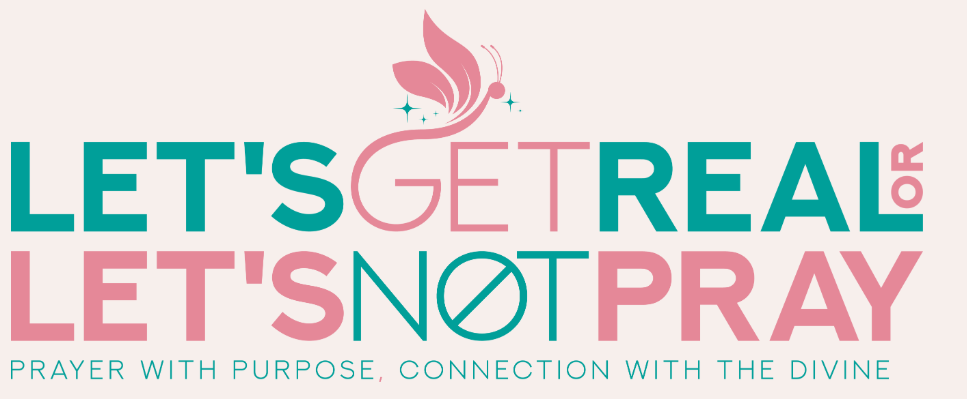
REGISTRATION OPENING SOON
A Sacred Kaleidoscope Mini Course
$47
During this shared experience, we will engage in prayer, delve into the principles and techniques that make prayer effective, and put our newfound knowledge into practice. Through a combination of insightful teachings, group discussions, experiential exercises, and guided prayer sessions, you will embark on a transformative journey that will empower you to tap into the true power of prayer.
Click MEMBER PORTAL below to leave your name and contact information for the Wait List
The Sacred Kaleidoscope is a FREE Facebook group for spiritual seekers. We are a collective of seekers, dreamers, and conscious individuals, drawn together by our shared passion for growth, healing, and the beauty of transformation. In this nurturing space, we celebrate every step of the metamorphic process.
Join us and be part of a community that celebrates the beauty of transformation in all its forms. Press ‘Join Free Today’ to take flight on this incredible metamorphic adventure!”
Additional Offerings
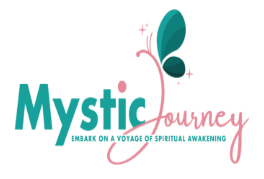
Spiritual Journal
$7
Immerse yourself in the art of self-refection and spiritual growth with our guided spiritual journal. Explore your inner world, manifest your intentions, and discover profound insights on your transformative journey.
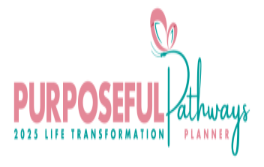
Spiritual Planne
$27
Unlock your spiritual potential with our digital planner. Seamlessly blend mindfulness, intention setting, and soulful organization into your daily life. Elevate your spiritual journey with ease and purpose.

Theia Mania & Crazy Wisdom
$47
Enter a sanctuary for seekers of profound insights and spiritual revelation. Delve into the mysteries of existence, explore the depths of your consciousness, and unlock the wisdom of the ages through our transformative offerings.
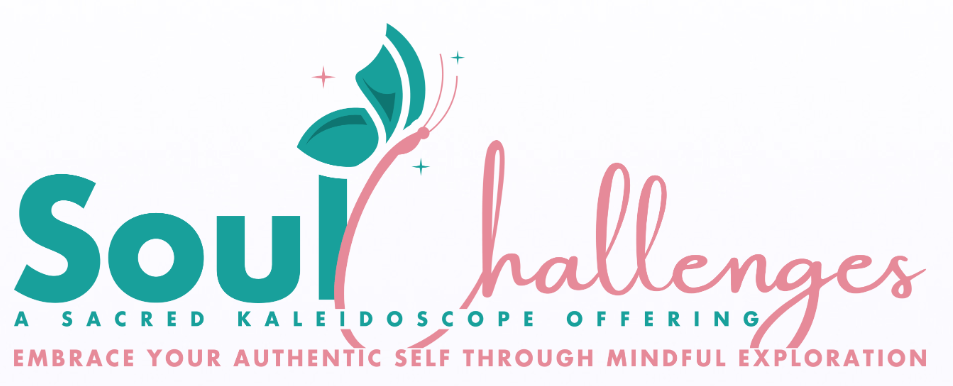
Mindfulness Exercises to Deepen Your Growth
Join us in embracing your authentic self through mindful exploration. Allow Soul Challenges to be your guide on this transformative journey, helping you to live a life that is aligned with your deepest values and true purpose. Together, let’s embark on this path of self-discovery and celebration of the unique and wonderful person you are.
10% of all sales
go to support the Eva Mae Foundation
To support humankind through a shared belief and demonstration in the Golden Rule
Setting aside biases and honoring all paths to divine Love.
Join our community of seekers and embark on a journey of inner discovery.
Join the Sacred Kaleidoscope Community
Subscribe for weekly doses of soul-nourishing wisdom, invigorating soul challenges, and guided meditations delivered straight to your inbox.
100% Money Back Guarantee
Q: Is there a money-back guarantee?
A: Yes absolutely! We swear by our training, so much so we offer a 7-Day no-questions-asked money-back-guarantee.

